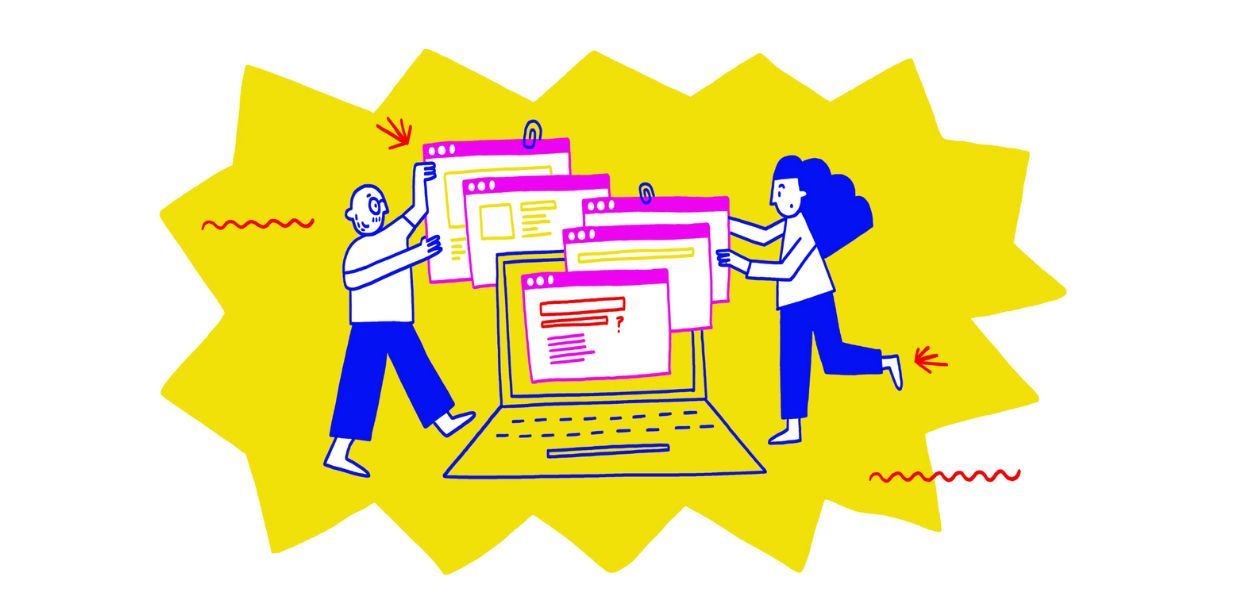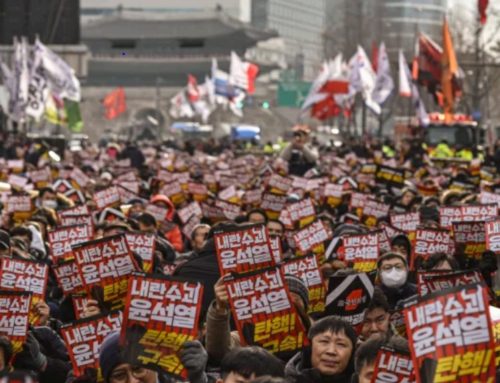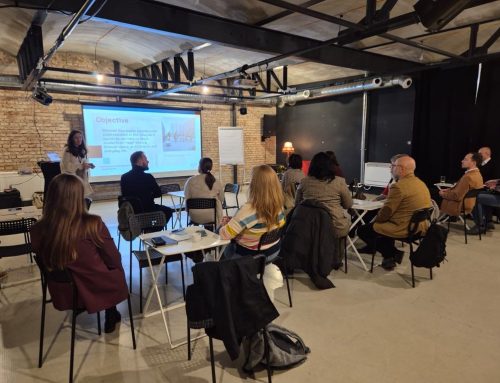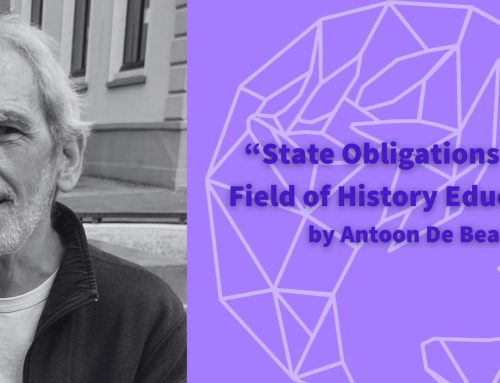This article was originally published on the website our Watching Videos Like a Historian project partners over at Europeana pro on the 15th of May 2024.
In 2023, the Watching Videos Like a Historian project launched a guide with practical tips, information and examples to support cultural heritage institutions to turn audiovisual heritage materials into resources for education. As the Guide is translated into Dutch, we share five reasons to use it!
1. Learn about opening up your AV collection for educational purposes
Audiovisual heritage materials hold vast educational potential for classrooms throughout Europe, but institutions are often unsure if – or how – they should be opened up to be used in education. The Practitioner’s guide for AV collection holders addresses this difficulty, with guidance tailored to support archives and broadcasters to turn their cultural heritage assets into open educational resources – from the ‘why’ to the ‘how.’
2. Receive practical tips that consider the needs of the education field
In the development of the Guide, researchers from MARE and the Netherlands Institute for Sound & Vision surveyed education experts and teachers to explore their needs for working with audiovisual heritage materials in the classroom. The advice in the Guide is shaped by this research, ensuring that any steps that institutions take to open up their collections will be as useful as possible to educators and students throughout Europe.
3. Help teachers counter misinformation by fostering critical thinking and source evaluation
The authors of the Guide advocate that empowering youth to think critically about the media they consume will help them to identify misinformation – and mitigate its impact. The Guide provides instructions on curating collections which could support educators to nurture critical thinking and enhance source evaluation among students. By implementing the strategies outlined in the guide, you assist educators in combating misinformation.
4. Gain insights from a diverse array of real-world examples
The Guide is based around examples of real initiatives from audiovisual cultural heritage institutions. You can trust that the case studies, creative solutions, best practices and lessons learned come from initiatives that have been implemented and are making an impact in educational settings. As you read through the examples, you’ll gain insights that you can adapt and apply to your own unique context.
5. Offer educators and students the opportunity to get closer to history
Grasping complex historical concepts and events can sometimes be daunting for students, but videos and recordings can make them more accessible by portraying them through the lens of real individuals. By using the methodology outlined in this guide, you can unlock the potential of your audiovisual collection and give educators and students the chance to get closer to the past.
Author
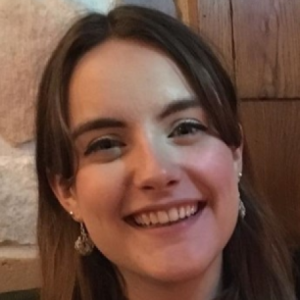
Georgia Evans
Senior Editorial Officer, Europeana Foundation

